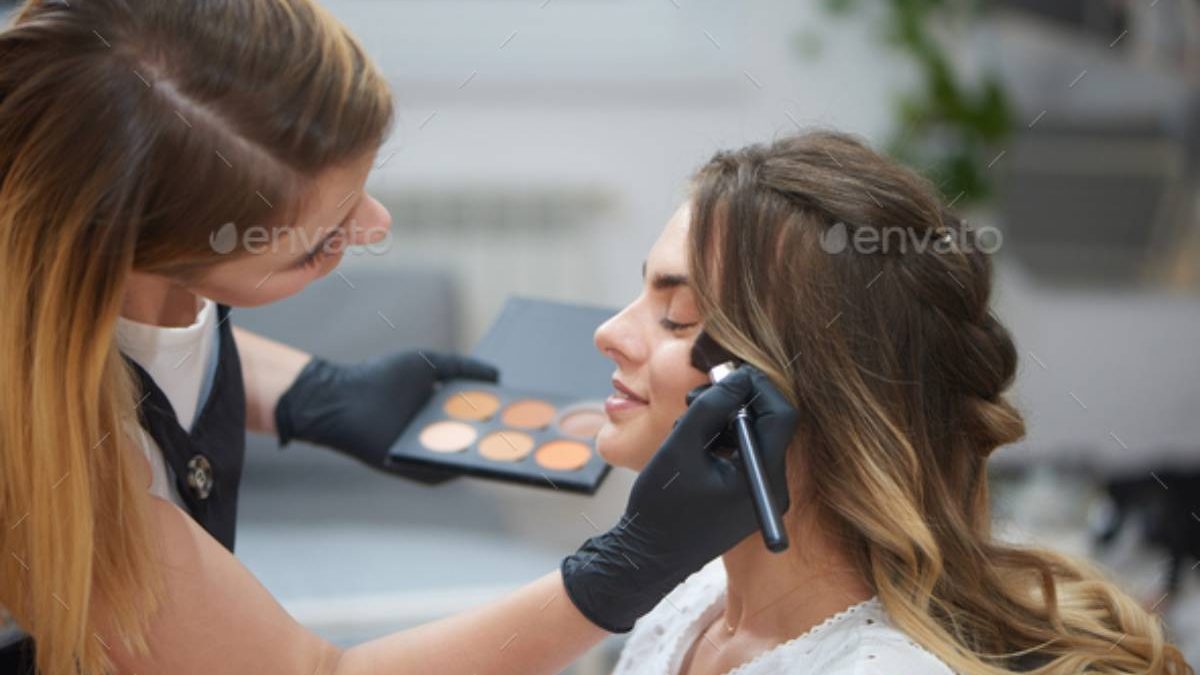Beautician Cosmetology is the science that studies various products that have many benefits for the skin, with emphasis on the facial area and on the skin of the whole body. During the first consultation, the beautician is responsible for identifying the different variables to be treated and, based on the data obtained, determines the treatment to be applied to cover the client’s injuries with excellent efficiency.
Table of Contents
What Is Cosmetics
It is a broad and easy-to-understand sense; cosmetics is nothing more than a science, the primary purpose of using synthetic products that enhance the beauty of the skin in women or men. It is an art that manages to completely beautify the client’s physical appearance through various techniques, specialties, and methods of application. Cosmetics are generally used to camouflage facial imperfections and show off a more beautiful face, but they are also us on the body level through skincare and, of course, for hair and nails.
History Of Cosmetics
The word cosmetic has Greek origins, starting with “kosmos,” which means beauty, and “lodge,” which implies treaty or study. This science has remained used since ancient times; in prehistoric times, when the first humans began to populate the earth and create the various civilizations mentioned in universal history, they used plants, minerals, and even animals. To make theirs take care of the skin. And improve your appearance. There are traces of animal fat and red minerals mixed in and used by these ancestors to take care of the impending rays of the sun; that is, this method remained employed as a sunscreen.
But without a doubt, the great reference in cosmetology comes from the Egyptian culture. And the mythological beauty of queens of Egypt. This whole population had a great interest in the skin’s well-being, so they focused on improving their beautiful complexion. With natural products that they found, mixed, and applied themselves. Mineral extraction was one of their strengths, and they remained used to make bases, powders, eye shadows, and some masks for skin rejuvenation.
What Is Cosmetics? Everything About This
The cosmetics career can open a path full of opportunities in the world of glamor, entertainment, television, theater, and many other fields where this profession is in fashion. I discovered everything in this note.
What Does The Cosmetics Profession Consist Of?
In our country. We find different ways to study cosmetics through courses. Diplomas, and technical diplomas that last for several months and up to 3 years.
We can define cosmetics as the art of beautifying people. Today, however, this profession also includes the care and prevention of skin diseases. A beautician is not responsible for making diagnoses but can provide valuable knowledge. On applying different topicals or creams or cosmetics depending on a skin type.
Therefore, graduates of this profession remain trained to become aesthetics or beauty. Specialists and are responsible for the care and education. Of their clients about various. cosmetic treatments on the skin, scalp, and skin. Nails.
On the other hand, a beautician who has expanded her knowledge also can perform body. Rehabilitation treatments through the use of various specialized technologies and machines.
In addition, one should not ignore the traditional role of these professionals: to devote themselves to the aesthetics of the face through cosmetic products. A task still often used by people who have special occasions and wish to apply makeup professionally.
During this diploma, techniques for good skincare are studi both natural. And those carried out with technological devices which are currently widely used as work equipment.
Some of the topics that should be studied are cosmetics, dermatology, appliances, cosmetic chemistry, different skin types and their treatments, skin diseases, cosmetics marketing, etc.
The Evolution Of Cosmetics
Cosmetology is a word from the Greek cosmos, which means beauty, and logos which means groomed. It is a practice whose first historical references are medicine, religion, and hygiene.

